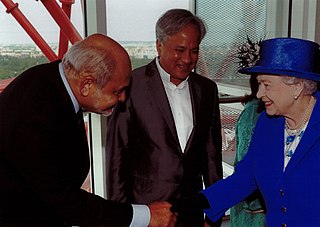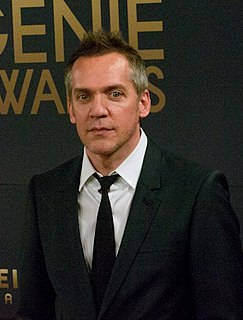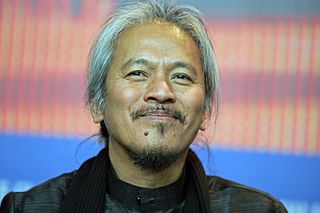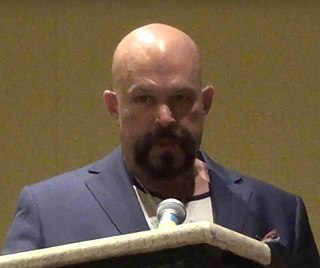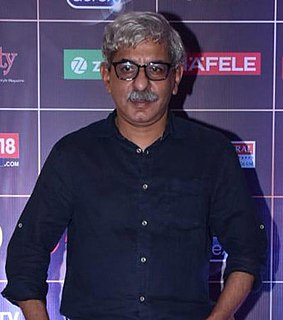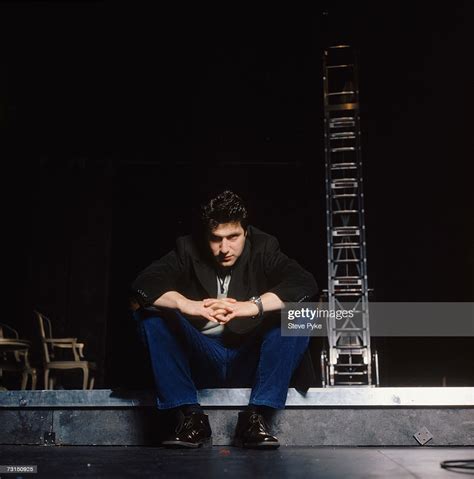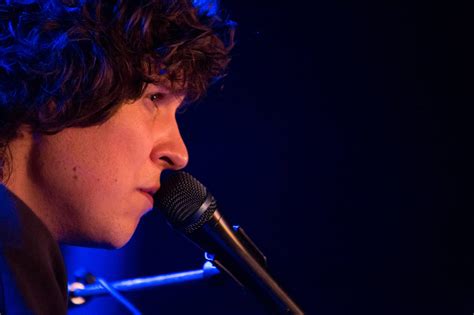A Quote by George Lucas
I wanted to make abstract films that are emotional, and I still do.
Related Quotes
Nature or, that which I see, inspires me, puts me, as with any painter, in an emotional state so that an urge comes about to make something, but I want to come as close as possible to the truth and abstract everything from that, until I reach the foundation, still just an external foundation, of things.
The emotional, physical and aesthetic value of a sound is linked not only to the causal explanation we attribute to it but also to its own qualities of timbre and texture, to its own personal vibration. So just as directors and cinematographers (even those who will never make abstract films) have everything to gain by refining their knowledge of visual materials and textures, we can similarly benefit from disciplined attention to the inherent qualities of sounds.
Each film has its processes. It doesn't mean that all animated films have to be like "Boy and the World," but creators have to have total freedom. There are films that are born with the purpose to sell. They are still admirable films with great artists and great visuals, but we wanted to use a more radical approach to create art. That's what we tried to do.
Most of the most successful films Blumhouse has made have been rejected by everyone else. No one wanted to make 'Get Out.' Nobody. Nobody wanted to make 'The Purge.' I think it was floating around for three years before it came to us. Nobody wanted to make 'The Gift,' when it was a script called 'Weirdo.'



